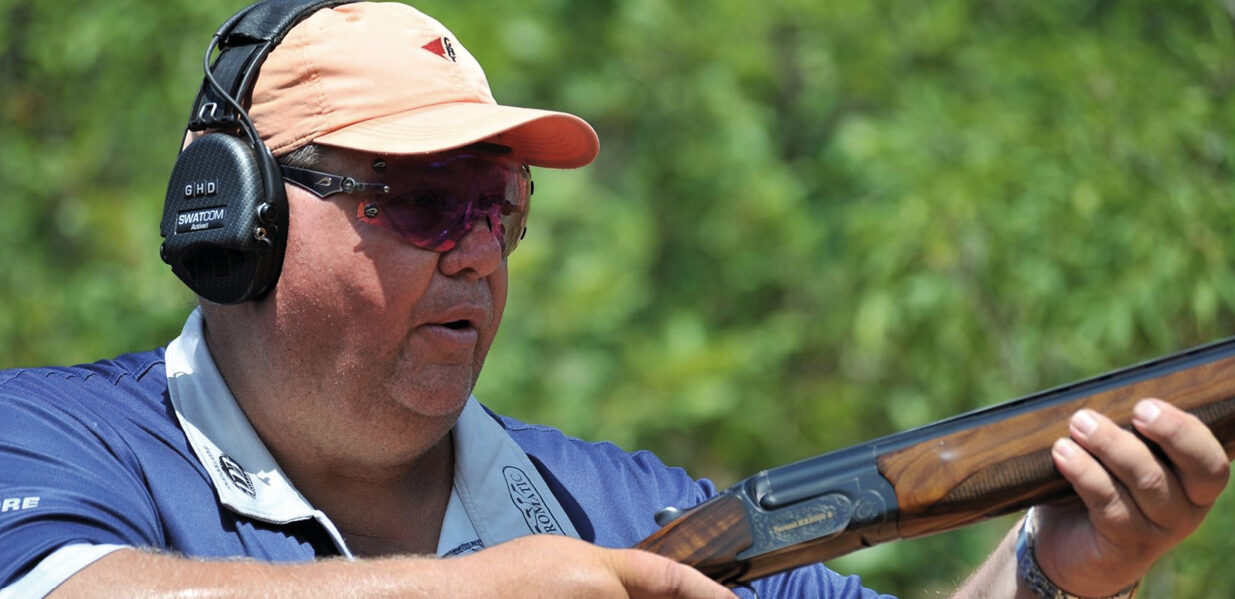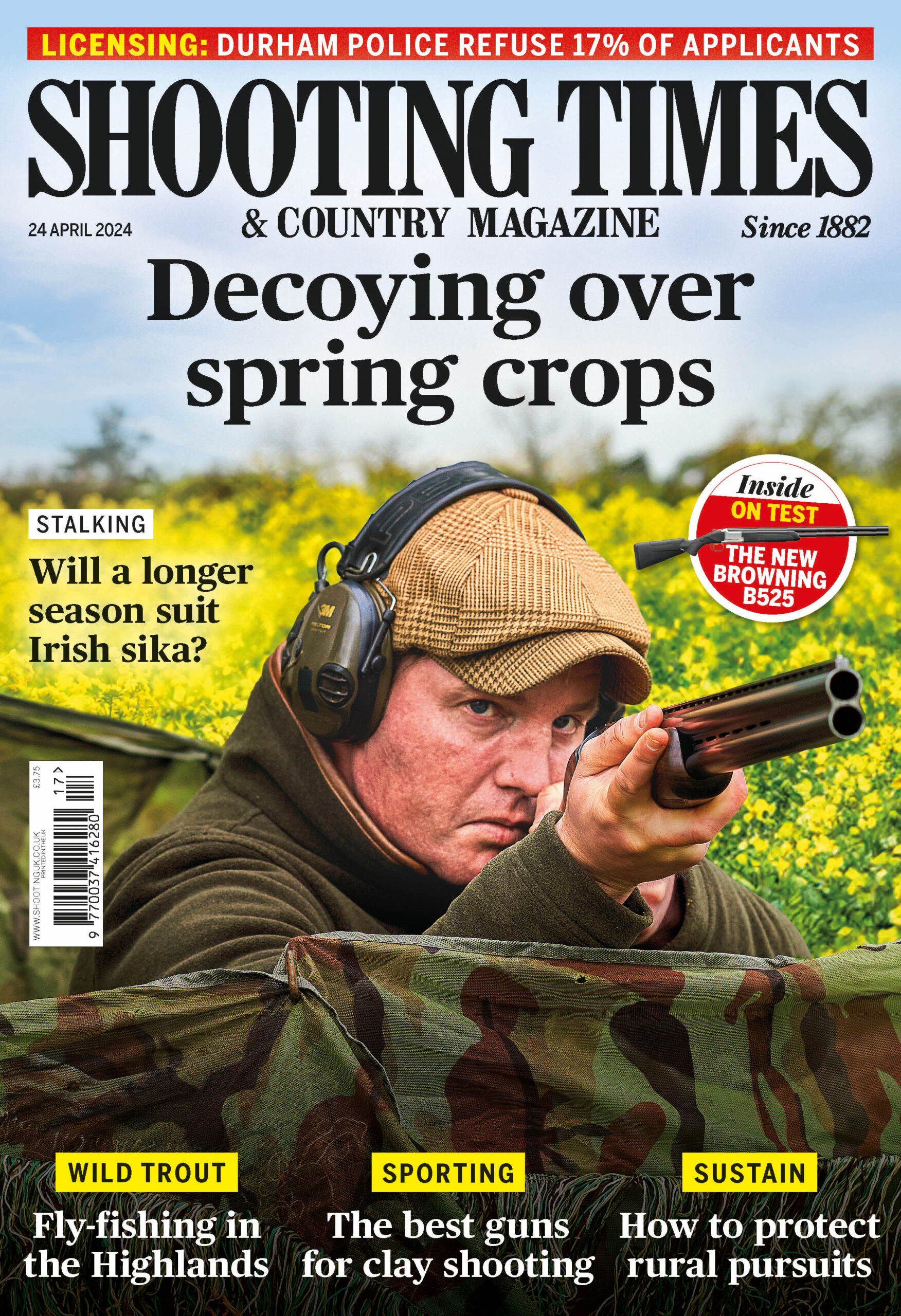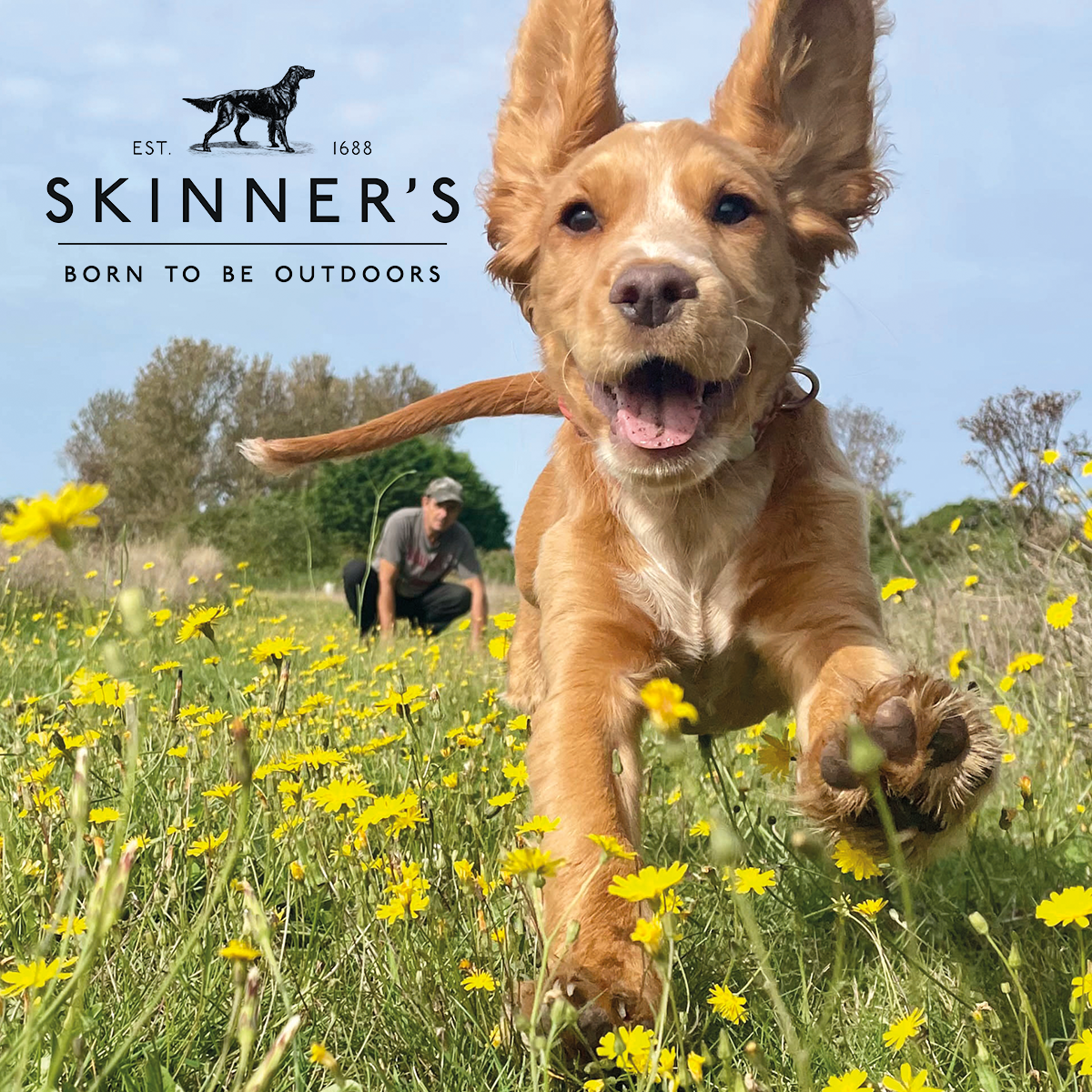BASC to the future
Why did you apply for the job?
A friend of mine pointed out the advert for the position to me and said, “You could do that”. So I did my research and, after an intensive recruitment process, here I am. BASC has a long and proud tradition stretching back to 1908, when the Wildfowlers Association of Great Britain and Ireland (WAGBI) was formed to meet threats from legislation and pressure groups. With more than 100 years of experience behind it, BASC is an experienced and capable organisation. I see it as my job to take it to the next level, ensuring we meet the challenges of tomorrow.
You were an external candidate — is that an advantage?
I hope my experience in the food and agricultural sectors and my management skills will be an advantage to BASC. It does an organisation no harm to have a fresh pair of eyes looking over its operations. But BASC is not about me; it is about its 130,000 members, its dedicated elected council members and its expert staff.
How are you going to get the 500,000 shooters who aren’t BASC members on board? Are members getting good value for money in comparison with equivalent organisations?
My ambition is to make BASC a worldclass organisation. BASC offers shooters a unique range of services — from professional advice on firearms and licensing, to political and media work, our conservation and land management programme, specialist departments across the shooting disciplines and, of course, boots on the ground in the five English regional offices and our offices in Scotland, Wales and Northern Ireland.
On top of that, we offer one of the most comprehensive insurance policies on the market. Some people will always buy membership and insurance on price alone, but I believe we are competitively priced and offer value for money for the package of services we offer.
Having been involved in food and farming policy throughout your career, what are your ideas for the marketing of game?
The growth in demand for game over the past 10 years has been remarkable. It is my intention to capitalise on that developing interest and expand it. BASC’s Taste of Game programme seeks to broaden the appeal of game year-round with recipes, demonstrations by leading chefs, promotions and other initiatives. I would like to see game become a regular feature on the family table. We will be looking to expand the opportunities for people to buy game and providing them with recipes.
One of the criticisms levelled at fieldsports organisations is the duplication of efforts — around game marketing, trophy measuring, conservation programmes and so on. How do you intend to address this?
I don’t think we can ever put too much effort into game marketing and other areas relating to the promotion and growth of shooting. I also believe that the services BASC offers are unparalleled. Nevertheless, we operate in a competitive, commercial environment — I have heard it said that if you put three shooters in a room for half an hour then two organisations will be formed. That said, the various organisations do work together on a daily basis. For example, we will be pooling our resources to fund and produce an updated and expanded version of the PACEC report — an independent study that sets out the economic and environmental benefits of shooting sports. This will be an invaluable resource in helping us to make our case with politicans, policymakers and the public.
Do you think it’s time for BASC and the Countryside BASC offers shooters a range of professional services Alliance (CA) to merge?
I have spent the past few months getting to grips with BASC, and that work will keep me occupied for some time. Each organisation brings something unique to the table, and the CA has its own strengths and campaigns on wider issues. BASC is an organisation for shooting and for conservation — that is our strength and our focus.
Have fieldsports benefited under the coalition Government?
It is beneficial for shooting sports to have senior politicians who understand and have personal experience of shooting and conservation. Other issues will always take precedence, but we should be judged on the contribution shooting makes to the economy, to conservation and to the social fabric of the UK, and we would neither ask for nor expect any unduly favourable treatment from government.
What positive aspects of shooting will help safeguard its future?
Shooting plays a vital role in British life. There are the social, economic and conservation benefits I mentioned — without it we could not manage the deer population, for example. Without shooting, the conservation of native species would suffer, the economy would lose a net contributor, and our diet would be poorer.
And what are our weak points?
The obvious weaknesses are bad practice and those few individuals who flout the law. Most people in the UK do not think about shooting often, so when they do, we want them to be reassured that shooting is safe, well-run and regulated. We also want them to be familiar with the positive contributions that shooting makes.
Many conservation charities are openly hostile towards shooting. How do we improve the dialogue?
Some organisations are critical of aspects of shooting, but the overall package that shooting and conservation contribute is hard to dismiss out-of-hand. All charities and commercial organisations have been hit by public spending cuts and the economic malaise of the past few years, and of course that means they will beat their drums harder to attract attention and funding.
The key word is dialogue — we should be in an open and frank conversation with both supporters and critics of shooting. In the first few weeks in my new post, I took up an invitation to speak to the National Gamekeepers’ Organisation. I told them my door is open — and that applies across the board to any organisation that is ready to enter into a constructive dialogue. The worst thing we can do is retreat behind the barricades and snipe at each other.
Raptor persecution is a stick shooting is beaten with repeatedly. What is your strategy to take that stick away?
The straightforward answer is that illegal practices must stop. Anyone who thinks it is okay to break the law, or to operate below the high standards that we expect in all aspects of shooting, has no place in the shooting family.
That said, there is a legal process set out in law that allows for applications for specific licences to control problem birds. That process is evidence-led and its existence is crucial for organisations and people on both sides of the debate. The benchmark for evidence, which must be provided before a licence is granted, is rightly set high. The process should be allowed to function according to the law. Attempts to influence the process unduly by whipping up public outrage are unwelcome and, ultimately, counterproductive.
Mainstream media coverage of shooting is often reactive and negative. How do we get on the front foot?
Bad news will always take precedence on the newspaper page and in broadcasters’ running orders. I see no advantage in adopting the mentality of a persecuted minority. We should be on the front foot by promoting the benefits of shooting.
We will have to fight for our place in the news and we do that by generating good, strong stories. BASC runs a professional press office staffed by journalists with experience of everything from local newspapers to international television and radio broadcasting. We operate from a state-of-the-art communications centre with its own radio studio and video production unit.
The way people access their news is changing. Through the Internet and, in particular, social media we have real-time communication and engagement with people, and BASC will use every channel at its disposal to get the news across.
How is it possible to lobby government from Rossett (North Wales)? Is there an argument for a London office?
Engagement with government can be as simple as picking up the phone or exchanging emails. However, we need to make face-to-face contact as well. Barely a day goes by without BASC staff in London doing exactly that — strengthening links, building networks and engaging with the people in politics, the civil service, the media and other organisations.
London is just two hours away from Rossett by train, and the BBC’s new media centre in Salford is just an hour away. All of the major media organisations have a presence in the area and, of course, we live in an era of instant communications.
BASC is about providing excellent service to and on behalf of its members, but also about providing value for money. The overheads involved in operating and staffing a London office are high and, quite frankly, unnecessary today.
If BASC were just a lobbying and press organisation, we would have a London office and little else. Instead, we operate across the UK and abroad. BASC’s offices are linked to the communications networks and we are well located to travel throughout the UK and beyond.
BASC’s infrastructure has grown significantly in recent years. Could it be leaner and more focused?
The organisation has grown to meet the demands placed upon it — from devolved UK governments with regulatory powers, to the need to have a local presence for members and stakeholders. The people on staff, in the council and our many advisors, helpers and volunteers work incredibly hard on behalf of shooting. Part of my brief is to develop BASC and make sure it is providing an effective voice for shooting while delivering both results and value for our members’ money.
I am now in the process of a thorough review of BASC’s operations and, of course, I will be applying my experience in the commercial sector as I cast my eye across the organisation. BASC has been operating for more than 100 years, and I want to see it kept on firm financial foundations to ensure that the organisation is there to act as shooting’s champion in the future.
You’ve been in the role for three months. What have been the biggest surprises and the biggest frustration?
What has really struck me is the warm welcome I have received everywhere I have been around the country. Shooting is a family and that family has extended a generous welcome to me. It’s as if I knocked on someone’s door and was immediately invited in to meet everyone and to eat at their table. It has been a remarkable introduction to some remarkable people.
I suppose the biggest frustration has been the number of kind invitations to take part in shooting that I have had to turn down.
Will you be taking advantage of your position and enjoying more sporting opportunities next season?
Like many people, I shot until my career took me down other paths. I am looking forward to picking up where I left off and taking up some of those invitations when I can. There is no substitute for hands-on experience and the opportunity to meet people and discuss what is affecting them.
There is a lot of work to be done in a short time as we begin to evolve BASC into a world-class organisation. Much of that work will be done in offices and meetings, but some of it must be done with the people who matter most — the BASC members on the ground doing the thing they love.








